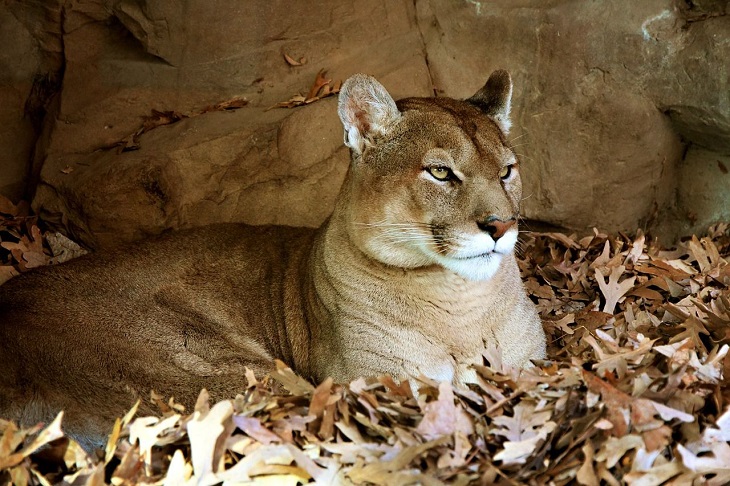How city lights affect mountain lions: A new study
City lights shine brightly all night, especially amid the busy traffic and neighborhoods.
Recent research discovered that mountain lions, which live in this highly populated area, avoid places with artificial light, even during the day.
This poses a new challenge for these big cats, as scientists warn they might face extinction within a few decades in this region.
How it was discovered
The study has important implications for the conservation of mountain lions.
It also affects proposals for wildlife crossings.

The specialists suggest ways to reduce the impact of light in the design of these crossings to help the mountain lions.
Well-lit streets and areas limit the space available for mountain lions to move around, not just the physical footprint but also the extended glow from that footprint.
Large carnivores, like mountain lions, need large territories, but these are increasingly affected by roads, development, and artificial light.
Methods used
The study used data from 102 radio-collared mountain lions monitored in California between 2001 and 2022.
They discovered that various artificial lights affected the presence of mountain lions, as they try to avoid these areas to prevent interactions with humans.
This behavior can have ripple effects on the distribution of the species and the benefits they provide in the ecosystem.
This new information emphasizes the need to consider light impact in wildlife conservation efforts, especially in regions with high human activity.


